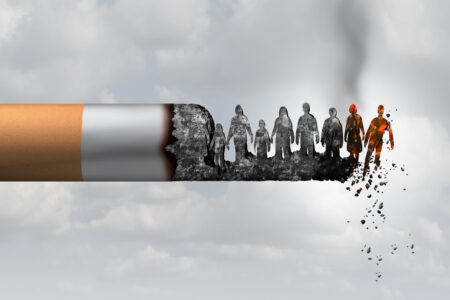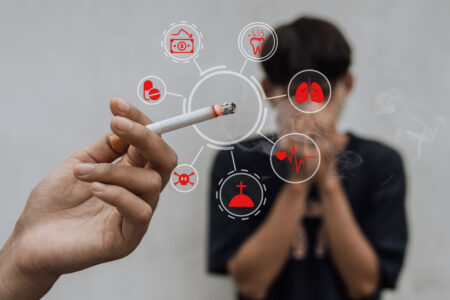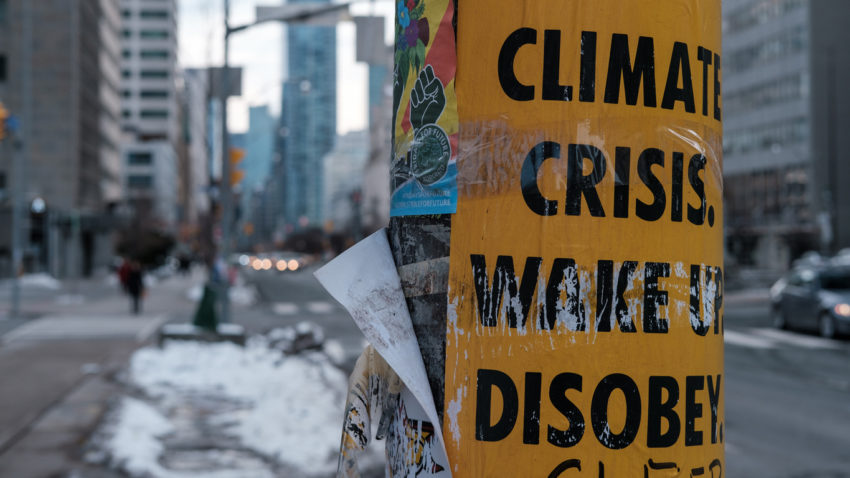
Share On Social!
Climate change is an ongoing environmental dilemma that threatens the health of all people.
Yet, research has shown that certain groups, such as Latinos and other people of color, immigrants, those with a lower socio-economic status, and vulnerable occupational groups are most likely to suffer longer and more severely from climate change.
“The effects of climate change add to other longstanding differences among people that result in different health outcomes for communities in the United States,” reported the U.S. Department of Health & Human Services.
What Is Climate Change?
Climate change is defined as a long-term shift in global or regional climate patterns.
Long-term alterations in temperature or the typical weather patterns of a certain location can lead to negative consequences like heat-related illnesses and even deaths.
Whereas weather is something that can change on a daily or yearly basis, climate is something that is measured over longer periods of time.
The main drivers of climate change, according to the Office of the Assistant Secretary for Health (OASH), are:
- Increased temperatures
- Precipitation extremes
- Extreme weather events
- Sea level rise
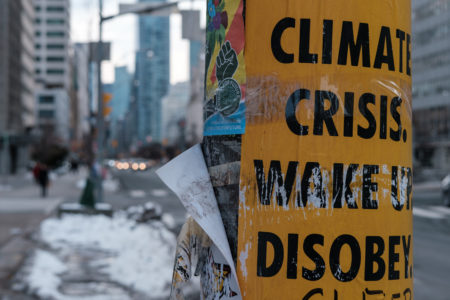 These drivers affect not only the environment and agricultural production, but also social and behavioral outcomes like poverty, racial/ethnic discrimination, and more.
These drivers affect not only the environment and agricultural production, but also social and behavioral outcomes like poverty, racial/ethnic discrimination, and more.
As these drivers continue to affect our planet, the amount of air pollution, extreme heat, population displacement, reduced food and water, and changes in the infectious agents will only worsen the wide gap in health outcomes seen among different groups.
Why Are Latinos Affected Disproportionately by Climate Change?
Vulnerability to certain diseases and health outcomes that stem from climate change has a lot to do with the social determinants of health.
People of color, specifically Latinos, in the U.S. face many inequities. These include less access to healthy food, less health insurance coverage, fewer secure job with benefits, and higher rates of discrimination.
“All of these influencing factors can affect the vulnerability of an individual or a community through changes in exposure, sensitivity, or adaptive capacity,” mentioned OASH.
Due to the pandemic, a rise in unemployment rates has been an important factor in the economic stability of the Latino community, as reported by SaludAmerica!. Occupations such as maintenance, construction, and hospitality industries, which have an overrepresentation of immigrant workers, have been affected severely by the pandemic.
COVID-19 worsened the poverty rates of immigrant children from 36.3% to 42.4%, an increase of 6.1 percentage points, and 18.1% to 21.1%, an increase of 3.0 percentage points for Latino children with U.S. born families, according to a SaludAmerica! report.
Additionally, COVID-19 aggravated the health disparities facing the Latino community.
An example of how climate change impacted a Latino-majority area is the Texas 2021 winter storm. People endured continuous and rolling blackouts, highway car accidents, water loss, and destroyed homes, adding stress and financial burden.
The Office of Climate Change and Health Equity (OCCHE) lists the following consequences:
- Severe heat waves could result in more heat-related illnesses.
- Increasing exposure to pollen due to increased plant growing seasons, to molds due to severe storms, and to air pollution due to increased temperature and wildfires, can all worsen lung diseases, such as asthma.
- Poor air quality from increasing temperatures may affect the heart and worsen cardiopulmonary illness.
- Flooding events may result in food and water-borne and vector-borne diseases.
- More frequent and severe extreme weather events can cause injuries, deaths, and illnesses, and can also harm mental health due to damage to property, loss of loved ones, displacement, and chronic stress.
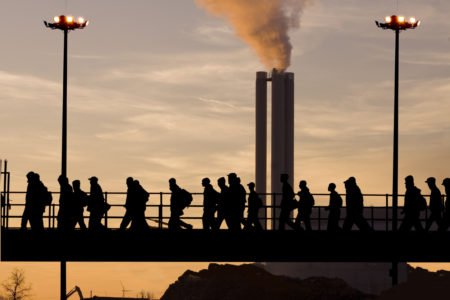 With these impacts, it is only normal that the Latino community understands the importance of climate change, with three to four Latinos worrying about global warming and climate change, according to a SaludAmerica! Report.
With these impacts, it is only normal that the Latino community understands the importance of climate change, with three to four Latinos worrying about global warming and climate change, according to a SaludAmerica! Report.
According to The New York Times, Tony Vazquez of San Jose, California—a poll respondent and a former truck driver—brought up the fact that, “Where I live, you don’t know what you’re breathing — smog and pollution from refineries, ships, diesel trucks,” Mr. Vazquez said. “You’re breathing it all.”
What Can You Do to Help Address Climate Change?
SaludAmerica! created a three-part series to explore how climate change has and continues to impact the Latino community.
Understanding how climate change affects health inequalities is important and allows you to understand the roots of certain health disparities marginalized groups face.
With family being a critical aspect in the lives of many Latinos, having community support could go a long way in implementing policy changes concerning efforts to help with climate change.
We can also do our part in helping the Latino community who faced hardships during the pandemic in our own communities.
Start by checking out our downloadable Health Equity Report Card from Salud America!
This report card displays the resources your community has access to for healthcare, food, education, and other health equity related issues. You can help advocate for your neighbors and present the Health Equity Report Card to your city’s leadership!
By The Numbers
24
percent
of Mexican American-nonsmokers are exposed to secondhand smoke

